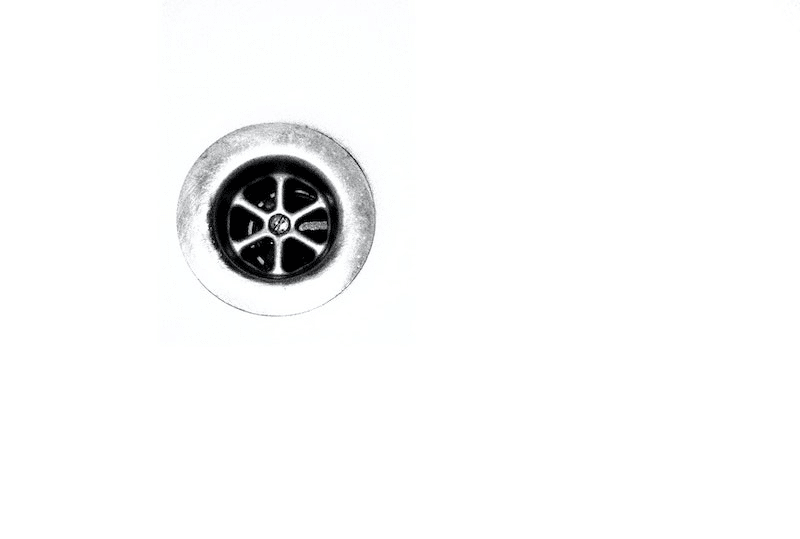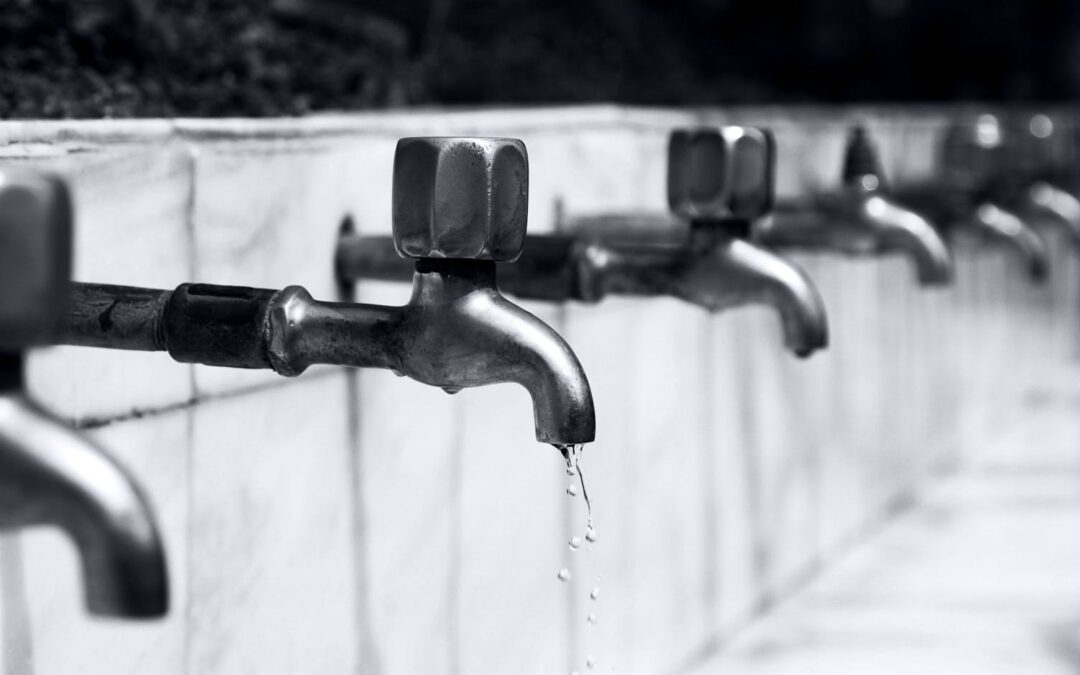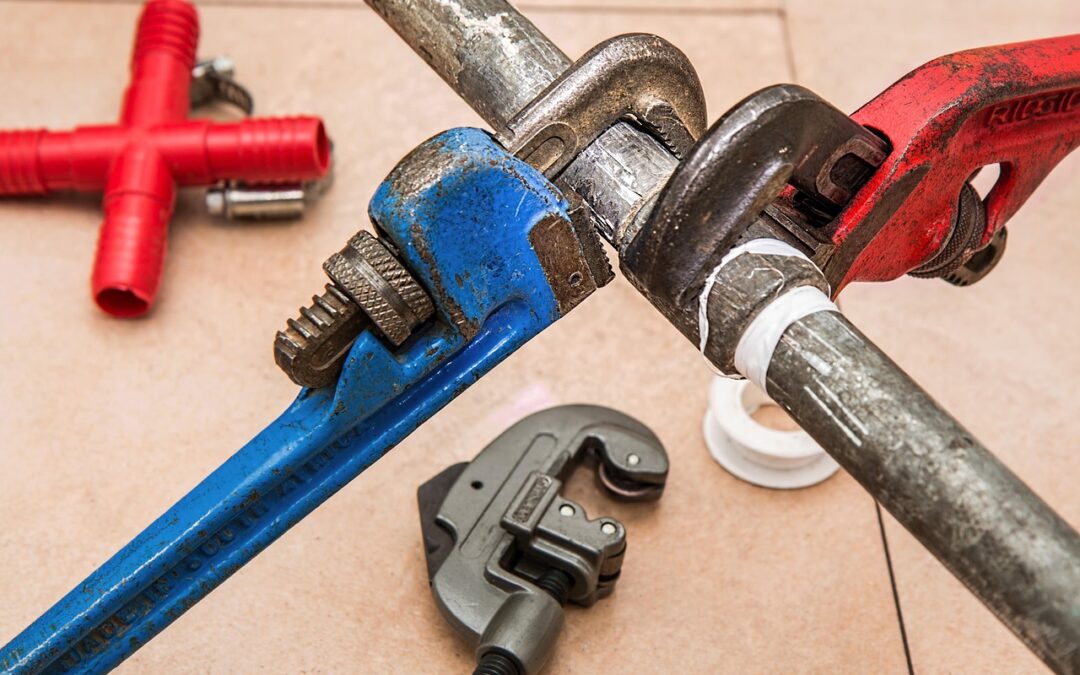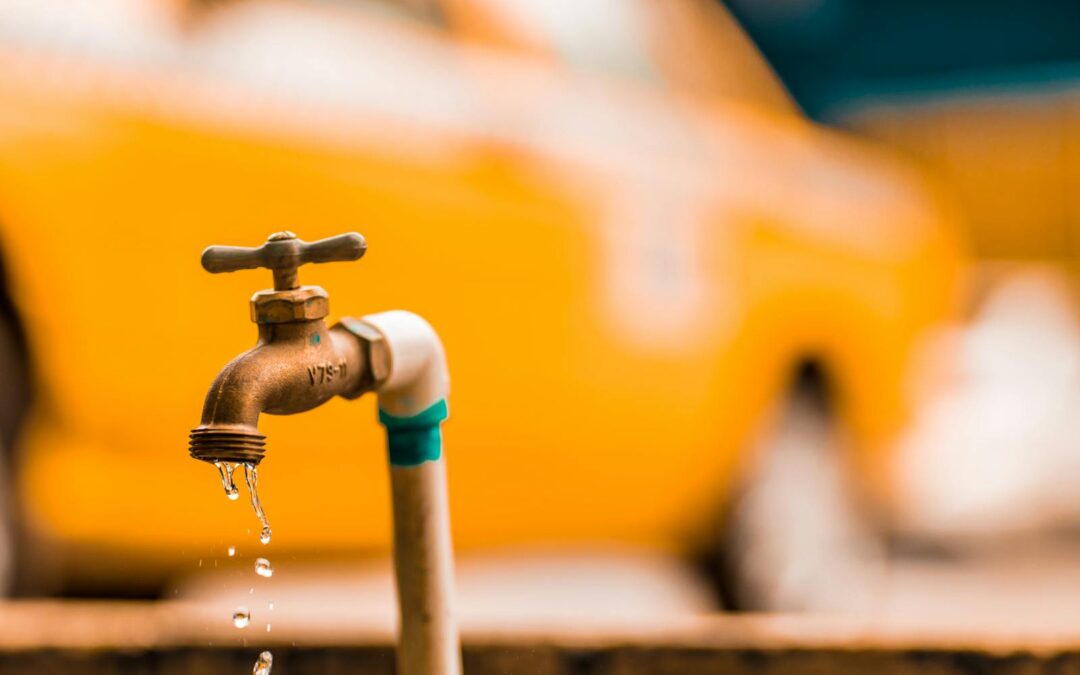If you’re a homeowner, it’s important to know when and how to call a drain plumber. A good plumbing technician can help you solve all sorts of issues with your drains, from clogs and backups to leaks and strange noises. Here are some tips on when to call a drain plumber, as well as what to expect from the service.
Who Is A Drain Plumber?
A drain plumber is a professional who specializes in the installation and repair of drainage systems. This includes everything from toilets and sinks to main sewer lines. A good drain plumber will have experience with a variety of brands and models of drainage equipment and will be able to quickly identify and fix problems with your system.
Qualities Of A Good Drain Plumber
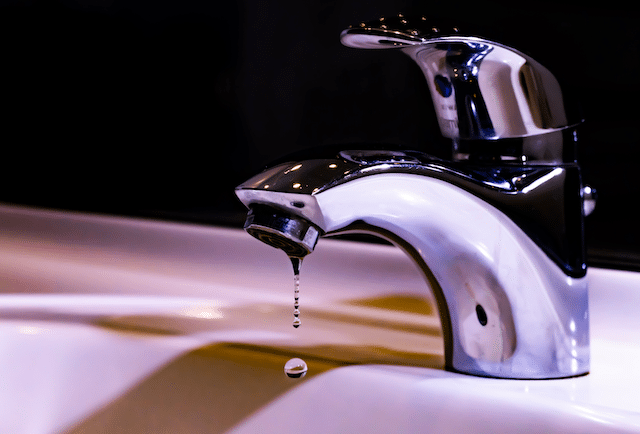
Schedule Service Online
Get a free estimate so you know what you're signing up for
"*" indicates required fields
For Emergency Services Call: 410-255-9300
Below, we have listed the qualities of a good drain plumber:
1. Being Mechanically Inclined
In order to be a successful drain plumber, one must not only use their analytical skills to understand the problem and find a solution, but they should also have a working knowledge of how plumbing systems work. This includes understanding how valves work, what type of tubing is needed for certain applications, and other technical or mechanical concepts.
2. Affordable Rates
One of the most important qualities of a good drain plumber is that they should offer their services at affordable rates. This is because plumbing problems can be quite expensive to fix, and you should not have to spend a fortune just to get the issue resolved.
3. Licensed And Insured
It is always advised to check if the drain plumber you are planning to hire is licensed and insured. This is because a licensed contractor will have adhered to all the safety standards set by the authorities. Also, in case of any damage caused by the plumber during the course of work, an insurance cover will help you get compensated for the same.
4. Use Of Appropriate Tools And Equipment
A plumbing job cannot be completed without using the right tools and equipment. A good drain plumber will always have a toolkit that contains all the necessary tools required to fix a particular issue. The use of appropriate tools ensures that the job is completed without causing any damage to your property.
5. Good Communication Skills
A drain plumber should have good communication skills to be able to explain the problem to you in layman’s terms. This is important because you should be able to understand what the plumber is saying and follow the instructions properly to avoid any further damage. Also, a good drain plumber will always keep you updated about the progress of the job so that you can plan accordingly.
6. Available 24/7
One of the best qualities of a good drain plumber is that they should be available 24/7. This is because plumbing problems can occur at any time, and you should not have to wait for regular business hours to get the issue resolved. A good drain plumber will always have someone on call who can come to your rescue at any time of the day or night.
Now that you understand what you should look for in a drain plumber, let’s talk about the basics of drain plumbing.
What Is A Drainage System In Plumbing?
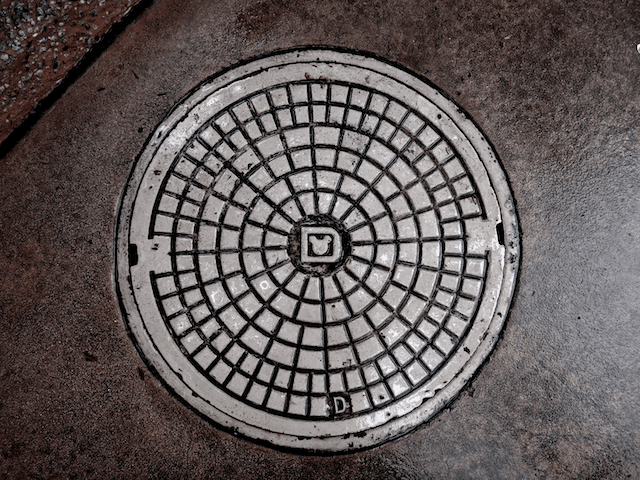
A drainage system is a piping network that transports sewage, rainwater, or any other liquid waste to a disposal location, such as a sewer system or septic tank. Its primary goal is to collect and remove wastewater while preventing sewer fumes from entering the structure. Unlike water supply pipes, drainage system plumbing is generally composed of plastic or metal.
How Does A Drainage System Work?
Fresh water enters your property from the street or another water source before being piped to each plumbing fixture. Each of these fixtures has a drain line that collects used water and waste; gravity then pulls this mixture down the main drain line towards the municipal sewer line or septic tank on your property. All drain lines have been plumbed with a slope that aids in speedy water flow.
Vent pipes are essential for a well-functioning drainage system because they provide air pressure. Each fixture has a vent pipe attached to its drain line; these pipes extend through the roof and have caps to keep animals and precipitation out while allowing airflow in.
Drain pipes are made of metal and have holes in them that become blocked with debris over time, trapping dirty water inside. S-traps and P-traps are the two types of traps. The majority of toilets employ S-traps, whereas sinks, tubs, and showers use P-traps.
Types Of Plumbing Drainage Systems
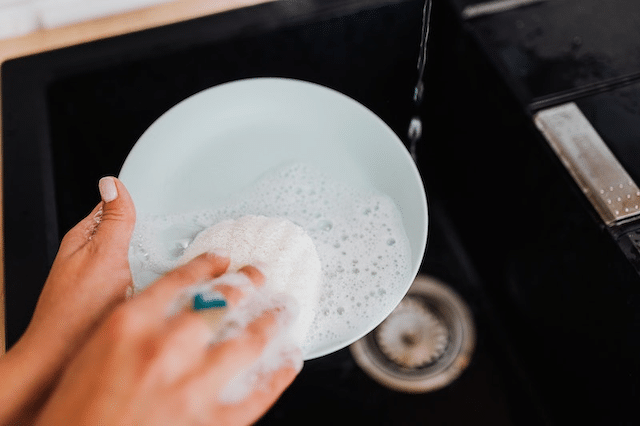
There are different types of drainage systems. Below are the three most common types of plumbing drainage systems:
Sanitary Drainage System
The purpose of a sanitary drainage system is to remove the wastewater that causes odors. This system contains a series of pipes that disposes of water correctly. The wastewater comes from doing laundry or dishwashing when small pieces of food or lint go down the drain. The sanitary system excretes the waste and moves it to the local sewer system.
Surface Drainage System
If you live in a flat area, surface drainage is key to preventing flooding on your property. A surface drainage system relies on ditches dug in parallel and shallow enough to serve as canals for runoff water. These ditches direct the water into the primary drain and away from your home.
In areas that are susceptible to hail, it’s important to have proper drainage in order to avoid any water damage. This is especially important around buildings, driveways, and walkways where flooding can occur.
Storm Water Drainage System
Did you know that the holes on the sidewalks at the curb are actually storm drains? They direct water away from houses to prevent flooding and moisture damage. In the past, rainwater would go down a storm drain into the sanitary drainage system – they often work together in some areas; however, with new technology, rainwater is now channeled straight to the storm sewer.
Seven Common Drainage System Problems
1. Sewer Line Break Or Leak
If the main sewage line underground has a leak or a pipe bursts, sewage water may seep into the earth. By isolating the line and then digging up the pipe to determine the extent of the damage, a plumber can locate the leak and repair it if possible. They might be able to replace part of the pipe or mend it with a patch.
2. Backed-up Or Clogged Drain
Clogged drains can be caused by a number of things, such as grease build-up, hair, and soap scum. These blockages can be removed with a plunger, hot water, or a plumber’s snake. However, if you’re experiencing stubborn clogs, you may need to have the line snaked by a professional.
3. Collapsed Or Crushed Pipe
Pipes can collapse or become crushed when the ground shifts or there is too much weight on them. This usually happens with old clay pipes that have become brittle over time. A plumber will need to dig up the pipe and replace it with a new one.
4. Leaking Joint
Joints are the points where two pieces of pipe come together. They are sealed with putty or caulking, but over time, these materials can degrade and cause leaks. A plumber can reseal the joint or replace the damaged section of pipe.
5. Root Intrusion
Tree roots can grow into sewer lines and crush them, causing a blockage. A plumber will need to dig up the pipe and remove the roots before replacing the pipe.
6. Grease Build-up
Grease from cooking can build up in drain lines and cause blockages. If you are having any problems with your drainage system, it is important to contact a professional plumber. They will be able to a plumber can clean the line with a special solution that breaks down the grease.
7. Slow Drains
If water drains very slowly from your bathroom sink, it could be a sign of a clog. To clear a slow drain, start by using a plunger. If that doesn’t work, you may need to use a plumber’s snake to clear the blockage.
Ways To Prevent Drain Problems
There are a few things you can do to help prevent drainage problems:
1. Don’t pour grease down the kitchen sink drain: By ensuring that grease and fats are disposed of properly, you can help prevent grease traps, clogs, and blockages.
2. Use a drain catch on floor drains: A drain catch is a small device that fits over your drain and catches hair and other debris before it has a chance to go down shower drains.
3. Don’t flush anything other than toilet paper down the toilet: Things like diapers, sanitary napkins, and baby wipes should not be flushed as they can cause blockages.
4. Have your drains cleaned regularly: By having your drains cleaned on a regular basis, you can help remove build-up before it has a chance to cause problems. You can hire a drain cleaning service to help you clean your drains regularly.
5. Repair any leaks promptly: Even a small leak can cause big problems if it is not repaired quickly. By taking care of repairs right away, you can help prevent further damage.
Need A Drain Plumber? Contact Us
If you are having any problems with your drainage system, don’t hesitate to contact us. We have experienced drain plumbers who can quickly assess the situation and make any necessary repairs. Contact us now!

